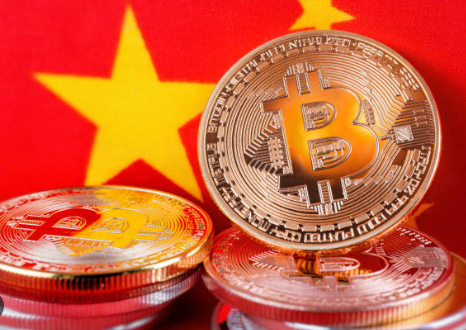Fixing the flaws of traditional money is the solution to global inequality, according to pioneer cryptographer David Chaum.
Chaum, a legendary computer scientist known as the "father of online anonymity," thinks traditional money is flawed since it is subject to inflation and devaluation, which have particularly severe effects in developing nations.
In Chaum’s view, money in its current form exacerbates global inequality and polarization, which threaten human civilization.
“Money is not the kind of thing you want to hold,” Chaum said in an exclusive interview with Cointelegraph during COP28 in Dubai. "This is what keeps the global poor poor."
As an alternative to money, Chaum developed a new project called “Better than Money,” a “universal medium of exchange” that allows users to exchange value directly from their portfolio of assets.
“It’s simply the idea that you can pay someone by transferring value from your portfolio of assets directly into their portfolio of assets,” Chaum explained.
According to the cryptographer’s vision, the portfolio will be managed by AI, which will be more effective than banks in taking care of people's assets.
To find out more about Chaum’s latest projects, check out the full video on our YouTube channel and don’t forget to subscribe!
Listen to the full interview with David Chaum on Spotify, Apple Podcasts, Google Podcasts or your podcast platform of choice.
This article is for general information purposes and is not intended to be and should not be taken as legal or investment advice. The views, thoughts, and opinions expressed here are the author’s alone and do not necessarily reflect or represent the views and opinions of Cointelegraph.











